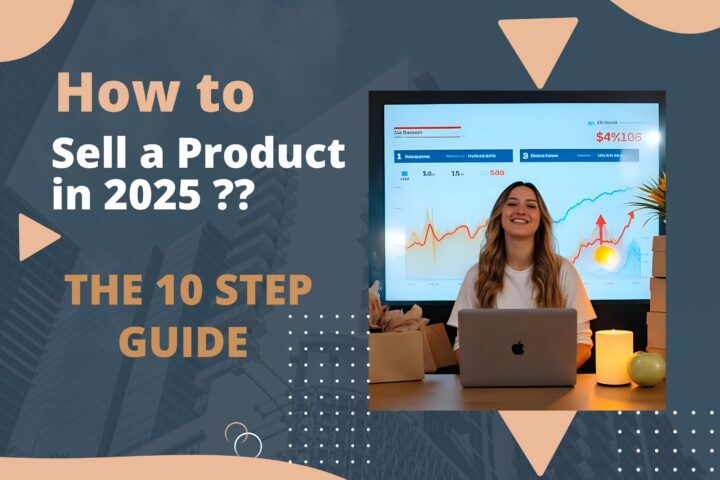Photo by The Connected Narrative on Unsplash
Introduction: As a startup, one of the most critical aspects of growth is having a solid marketing strategy in place. But how do you create a marketing plan that not only drives traffic and sales but also scales as your business grows? In this post, we’ll walk you through the key steps to build a scalable marketing strategy that evolves with your startup’s needs.
1. Understand Your Target Audience
Before diving into any marketing campaign, it’s essential to have a clear understanding of your target audience. Who are your ideal customers? What are their pain points, needs, and desires? What platforms do they frequent?
Take time to create detailed customer personas to guide your marketing efforts. A well-defined audience allows you to create more personalized and effective campaigns that resonate with the right people.
Tip: Use tools like Google Analytics or social media insights to gather data on your audience’s behavior.
2. Focus on Content Marketing
Content marketing is one of the most scalable and sustainable marketing strategies you can adopt. By consistently creating valuable content, you can establish your brand as an authority in your industry, build trust, and drive organic traffic.
Start by creating a content calendar with blog posts, videos, and social media updates that address your audience’s needs. Over time, repurpose high-performing content into other formats like eBooks, infographics, or webinars to reach a wider audience.
Tip: Prioritize evergreen content—content that remains relevant over time and continuously drives traffic.
3. Build a Strong Email Marketing Strategy
Email marketing is one of the most cost-effective ways to nurture leads and build long-term customer relationships. Unlike social media, where you’re at the mercy of algorithms, email allows you to directly communicate with your audience.
Create an email list from the start, and segment it based on factors like customer behavior, location, or engagement level. Send personalized messages, product updates, or educational content to keep your audience engaged.
Tip: Use email automation tools like Mailchimp or ConvertKit to streamline your campaigns and save time.
4. Leverage Social Media for Organic Growth
Social media platforms are an excellent way to build brand awareness and engage with your audience. But for long-term growth, focus on organic social media strategies before jumping into paid ads.
Choose the platforms that align with your target audience and post consistently. Engage with your followers, answer their questions, and participate in relevant conversations. You can also join industry-related groups to build relationships and increase your reach.
Tip: Be authentic and transparent. The more human you appear, the more likely you are to build a loyal community.
5. Measure, Optimize, and Scale
One of the keys to a scalable marketing strategy is measuring performance. Use analytics tools (Google Analytics, social media insights, email tracking) to monitor key metrics such as website traffic, conversion rates, and customer acquisition costs.
Based on your findings, continuously optimize your campaigns. Try A/B testing on emails, landing pages, and ads to find what works best for your audience.
Once you have a proven formula, focus on scaling your efforts. Increase your ad budget, grow your content team, or invest in marketing software to automate tasks and maximize efficiency.
Conclusion:
Building a scalable marketing strategy for your startup is all about testing, iterating, and being data-driven. By understanding your target audience, investing in content marketing, and leveraging the right channels, you can create a strategy that not only drives results today but also sets the stage for long-term success. Start small, measure everything, and scale wisely.








